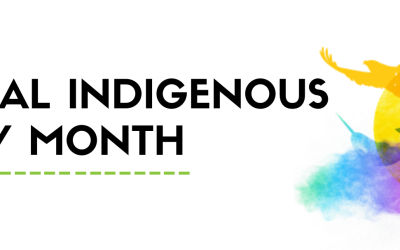There's just a chance progress will be made this week in solving what former prime minister Paul Martin calls the "biggest moral and social issue of our time."
Prime Minister Stephen Harper, Shawn Atleo, national chief of the Assembly of First Nations, federal and First Nations officials will meet here to discuss aboriginal education, governance and economic development.
The meeting may have some success because Harper and Atleo are so similar. They both remind me (and I mean this as a compliment) of guys in my high school chess club. They are intelligent, quiet-spoken and can think strategically. They don't blather a lot about what their next moves are going to be.
They have their own clear, important objectives for the meeting, but their objectives are compatible, suit the circumstances and have the backing of many of their supporters.
Harper wants a pipeline to bring oilsands product from Alberta to British Columbia's west coast, where it would be loaded onto tankers going to California and Asia. The pipeline, Canada's largest proposed public works project, is particularly important now because the United States is playing coy about approving a southern oilsands pipeline.
The major hurdle to the pipeline is B.C.'s First Nations, who are angry about not being consulted about the project soon enough and at length.
Atleo wants to scrap the demeaning Indian Act and significantly change First Nations relations with Ottawa, including setting up a body that would deal with First Nations and federal issues on a government-to-government basis.
Canada, he told the assembly in Moncton last summer, must "shift away from government dictating from Ottawa how the lives of the First Nations should be governed.
"As important, if not more important," he added, "is assuming full responsibility and creating accountability between First Nations governments and their own citizens. Right now, the Indian Act creates a system whereby First Nations governments are more accountable to the minister in Ottawa."
Legislation tabled by the Harper government in November, although it's unpopular with some chiefs, can be seen as a step in that direction. It would force some 580 First Nations bands to release publicly their consolidated financial statements, including the salaries of their chiefs and councillors.
The goals of Atleo and the prime minister will take time to achieve. It's estimated a National Energy Board/Canadian Environment Assessment Agency review of the $6.6-billion B.C. pipeline will hear from more than 4,000 people and take two years to complete.
The role of China, a major market for the oilsands, is interesting. The B.C. chiefs have been to see that nation's leaders, as have B.C.'s premier, Christy Clark, and the prime minister. The Chinese probably know more about the pipeline than most Canadians.
One fact that has bothered some Chinese — and many other investors — is that B.C. is a thicket of land claims. In two decades of negotiations, only two have been solved. More than half B.C.'s bands are now negotiating treaties. The total size of the land claimed is larger than the province's territory.
Frustration with the system is part of the reason so many First Nations people are angry about the pipeline. Companies want to exploit our resources, they argue, but they don't want to give us justice.
Negotiations have taken a long time because, until the pipeline came along, there was no big economic push to get the job done. Federal and First Nations bureaucrats could spend months debating whether an ancient song about hunting in a certain area actually meant a First Nation owned the land.
Now, however, there are signs of change. A few chiefs have indicated they are open to new arguments and at least one hereditary chief, Elmer Derrick, of the Gitxsan, has signed on — even though some angry band members have boarded up his office.
B.C. Premier Christie Clark says the treaty process has failed to deliver and is advocating economic development deals with native leaders who are willing to do business.
Another plus is that B.C. already has a model for aboriginal self-government: the Nisga'a treaty approved in the 1990s. A recent survey of the Nisga'a by the Frontier Centre found many thought their government was doing a better job of delivering services than Ottawa, but were worried about nepotism.
A major push for change has come from the last report of Sheila Fraser, the former auditor general. "What we're doing," she said, "isn't working."
Harper and Atleo have a chance not only to help make aboriginal policies that work, but also to diversify our trade, a badly needed change, and to strengthen Canada's role as a world energy supplier, a goal of the prime minister.
More importantly, they can help some First Nations six-year-olds develop their full potential and avoid the hell of a life with no future.


